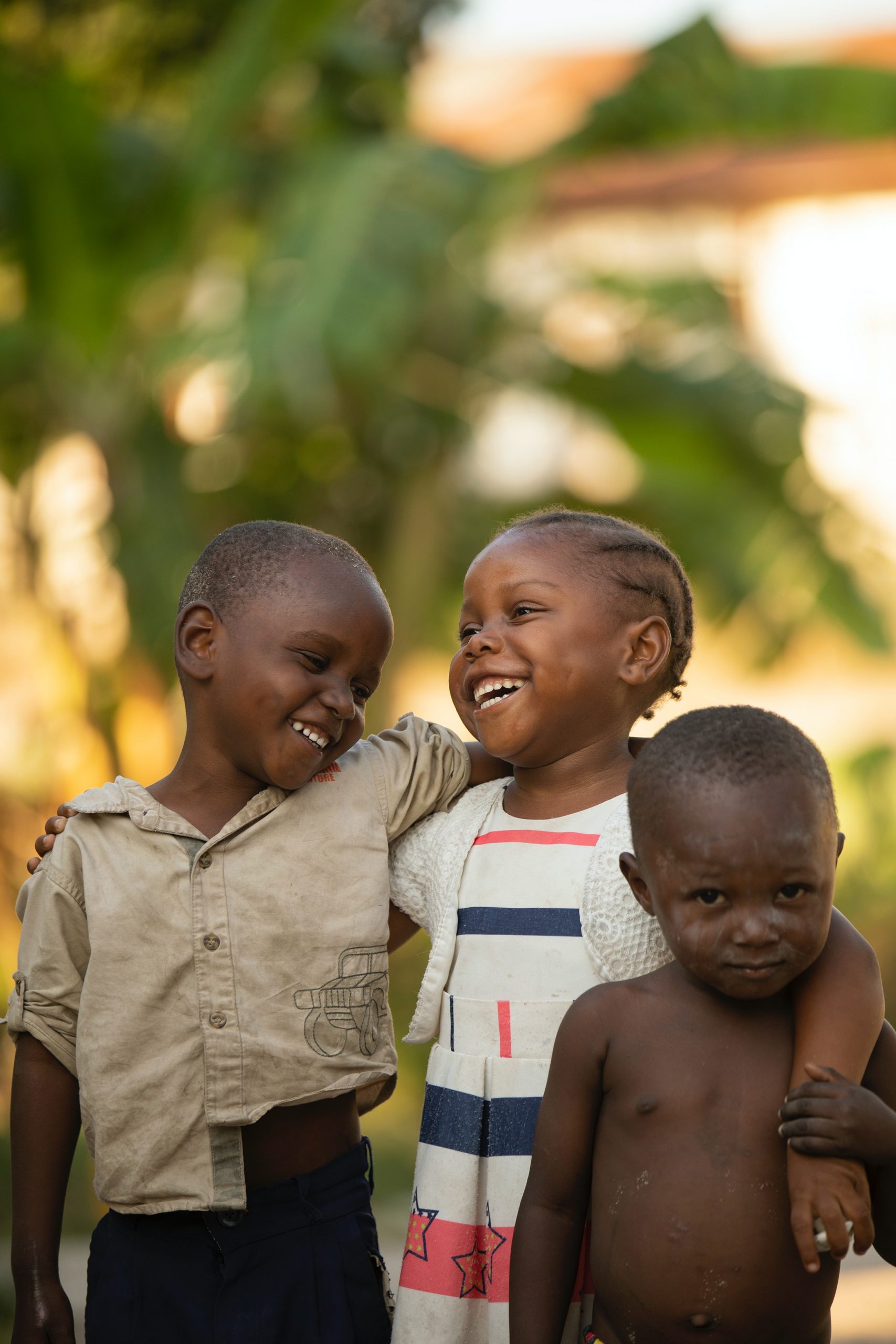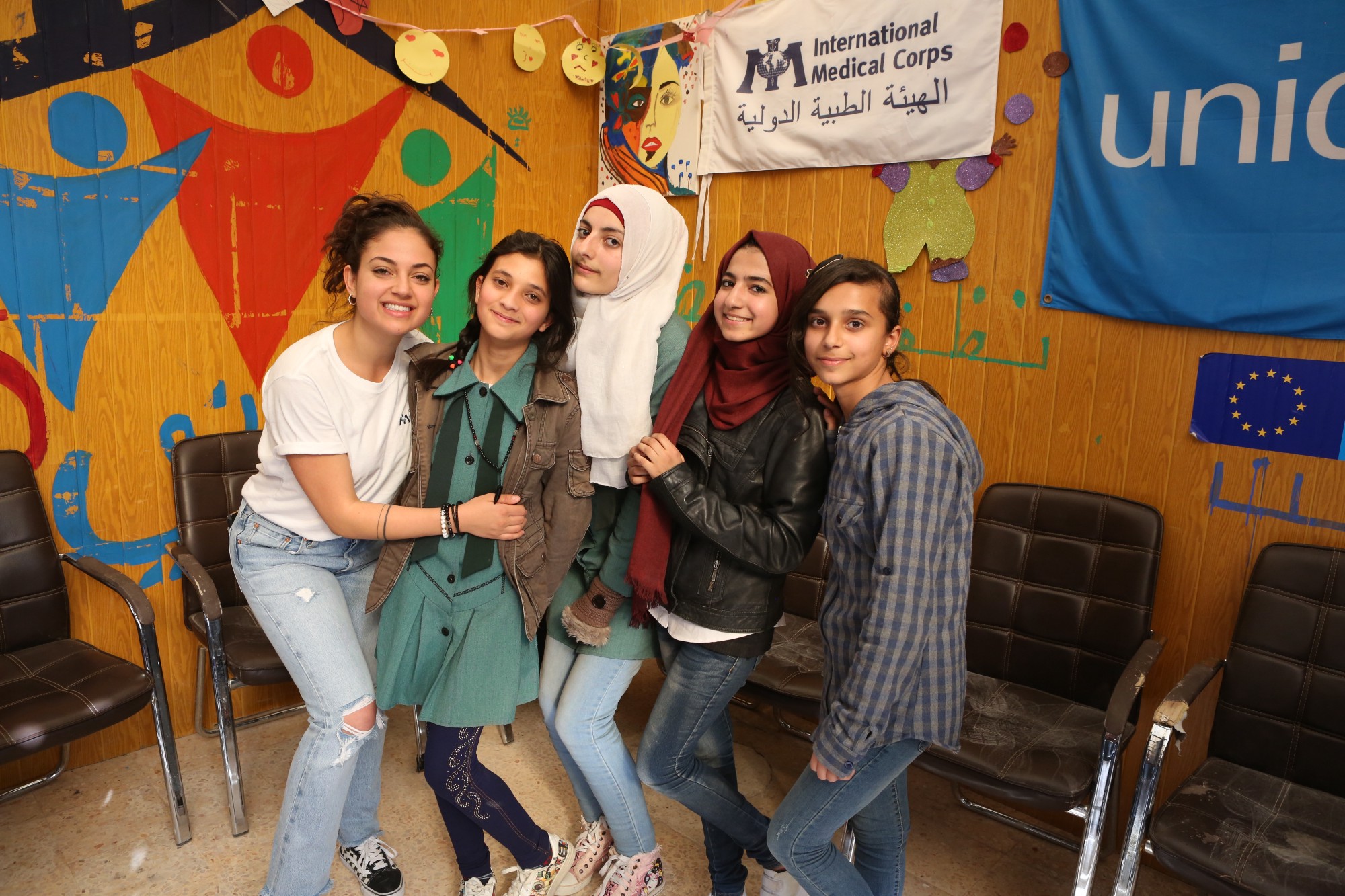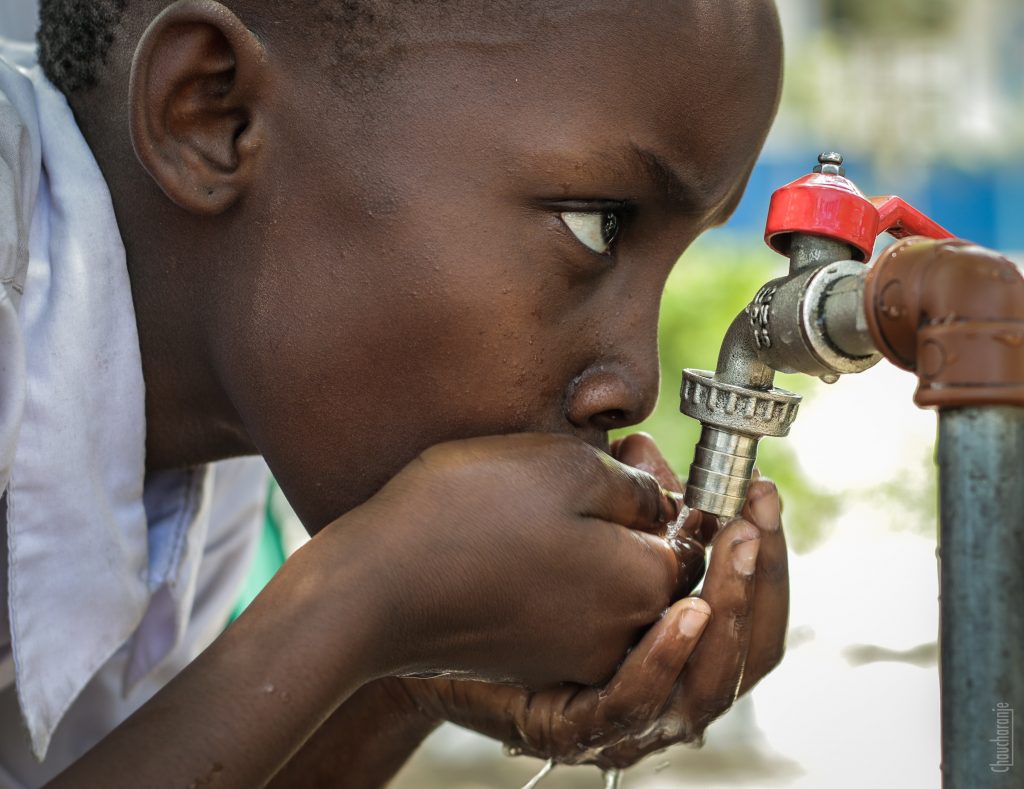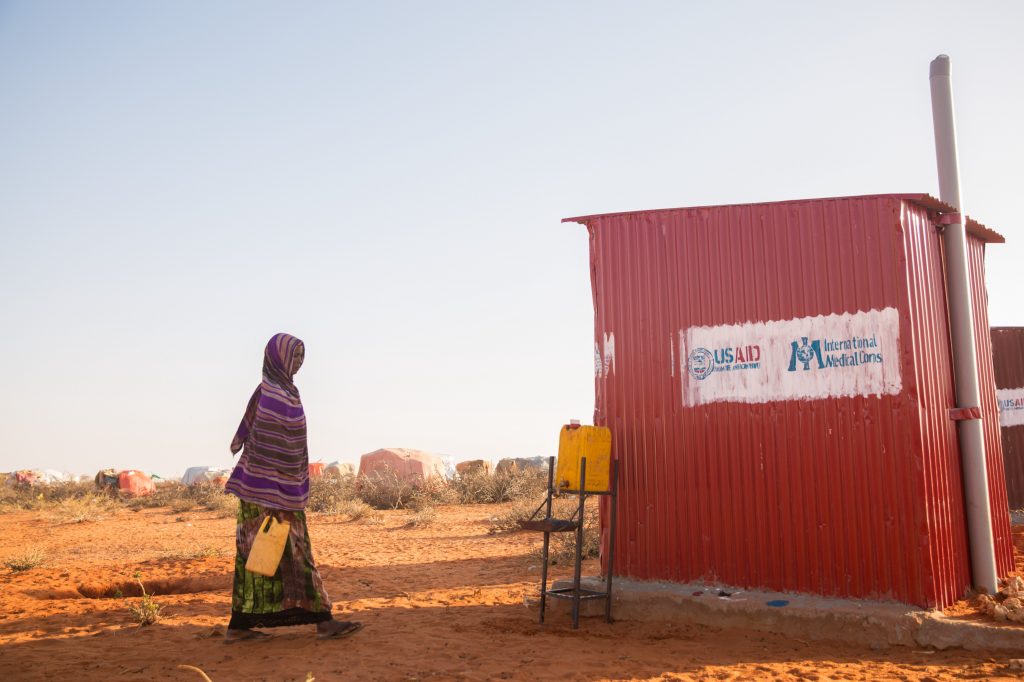


EARTH COUNCIL CONTINUES PROJECT WITH INTERNATIONAL MEDICAL CORPS IN ETHIOPIA
The EARTH COUNCIL GENEVA (ECG) continues its partnership with International Medical Corps (IMC) to help Ethiopia implement emergency shelters, NFI and shelter repair kit provisions for conflict affected IDPs and returnees in Oromia region, East Hararghe Zone, Kumbi and Meyu Muluke Woreda.

Learn how we get involved

Earth Council Geneva partnered with the non-profit organization EarthTabs to establish the Rural Alaska Village Water Program, an effort focused on facilitating rural communities in need in reaching their goal of safe water and sanitation services.

ECG partnered with International Medical Corps (IMC) to address crucial water, sanitation and hygiene (WASH) needs in informal tented settlements in the Bekaa and North of Lebanon. With the influx of Syrian refugees strained these informal settlements and increasing numerous health concerns, specifically related to sanitation and hygiene issues, ECG supported IMC in delivering health care services to refugees and vulnerable local populations.

In March 2011, northern Japan was struck by a 9.0 magnitude earthquake. The earthquake and subsequent tsunami killed nearly 20,000 people. ECG supported International Medical Corps in its rapid response with relief teams and supplies for survivors.
Earth Council Geneva
Zug, Switzerland
The EARTH COUNCIL GENEVA (ECG) was founded as an independent organization in 2002 by Reto Braun, with the mission to increase the awareness of the environmental issues worldwide, in line with the original idea of our now deceased Honorary Board Member Maurice Strong, who coined the Earth Council idea at the Rio summit. The ECG Board of Directors, accepting that the environmental problems are a top priority, decided to direct their efforts toward saving lives and providing relief to suffering through health care training, access to clean water, and other on-the-ground projects throughout the world.

Operational adress
Earth Council Geneva
Branch Zug
Bohlgutsch 5
6300 Zug
Switzerland
Lorem ipsum dolor sit amet, consectetur adipiscing elit. Ut elit tellus, luctus nec ullamcorper mattis, pulvinar dapibus leo.